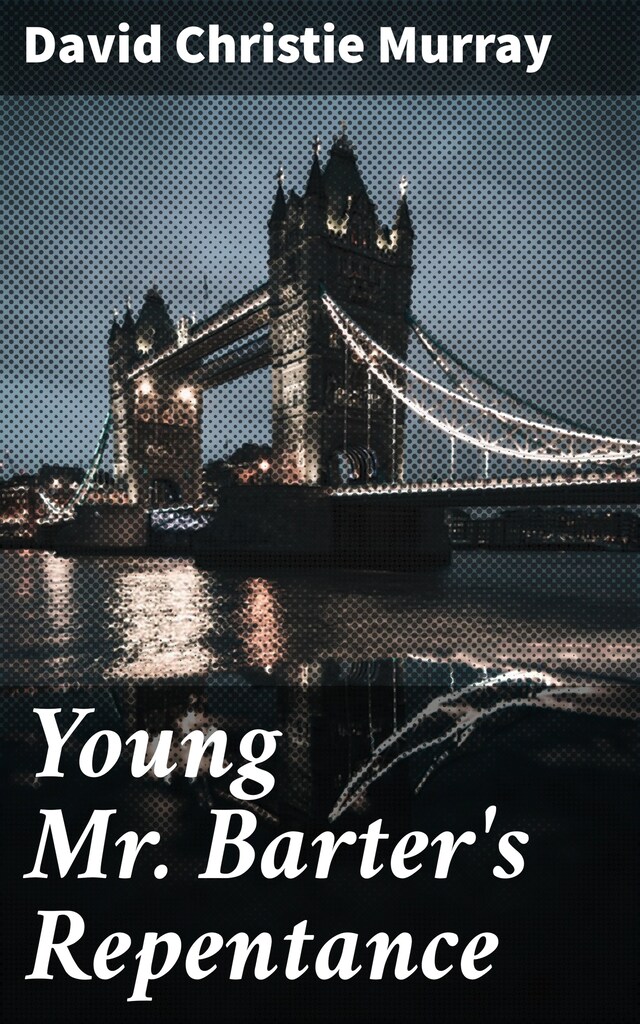Young Mr. Barter's Repentance
From "Schwartz" by David Christie Murray
Description of book
In "Young Mr. Barter's Repentance," David Christie Murray explores the tumultuous journey of self-discovery and moral awakening faced by the eponymous character, Mr. Barter. Set against the backdrop of Victorian England, the narrative is characterized by its rich psychological insights and intricate character development. Murray's prose elegantly intertwines elements of realism and romanticism, capturing the societal constraints and internal struggles of a young man grappling with his identity, aspirations, and the repercussions of his past decisions. The novel serves as both a personal and social critique, illustrating the tension between individual desires and societal expectations. David Christie Murray, a prominent figure in late 19th-century literature, was deeply influenced by the social issues of his time, including the class struggles and moral dilemmas faced by individuals in society. His career as a journalist and novelist provided him with a unique perspective on the human condition, allowing him to delve into the psychological complexities of his characters. Murray's own experiences and observations around themes of redemption and societal pressure informed his creation of Barter as he navigates through his personal hell. This compelling narrative offers readers not only a gripping story but also a profound reflection on the nature of repentance and redemption. Murray's finesse in portraying the conflicting emotions surrounding moral choices makes "Young Mr. Barter's Repentance" an essential read for those interested in Victorian literature, as well as for anyone seeking a nuanced portrayal of the human struggle for integrity and self-acceptance.
 David Christie Murray
David Christie Murray 98 Pages
98 PagesFill your life with stories
from €9.99/month
Enjoy a world of audiobooks and e-books. No commitments. Cancel at any time.
